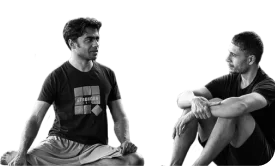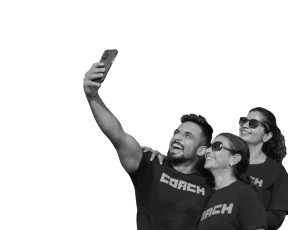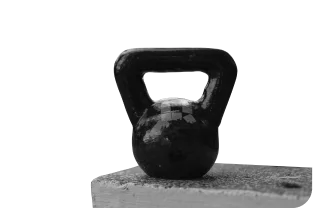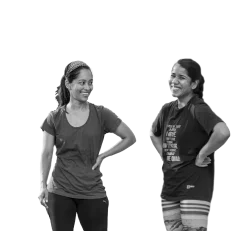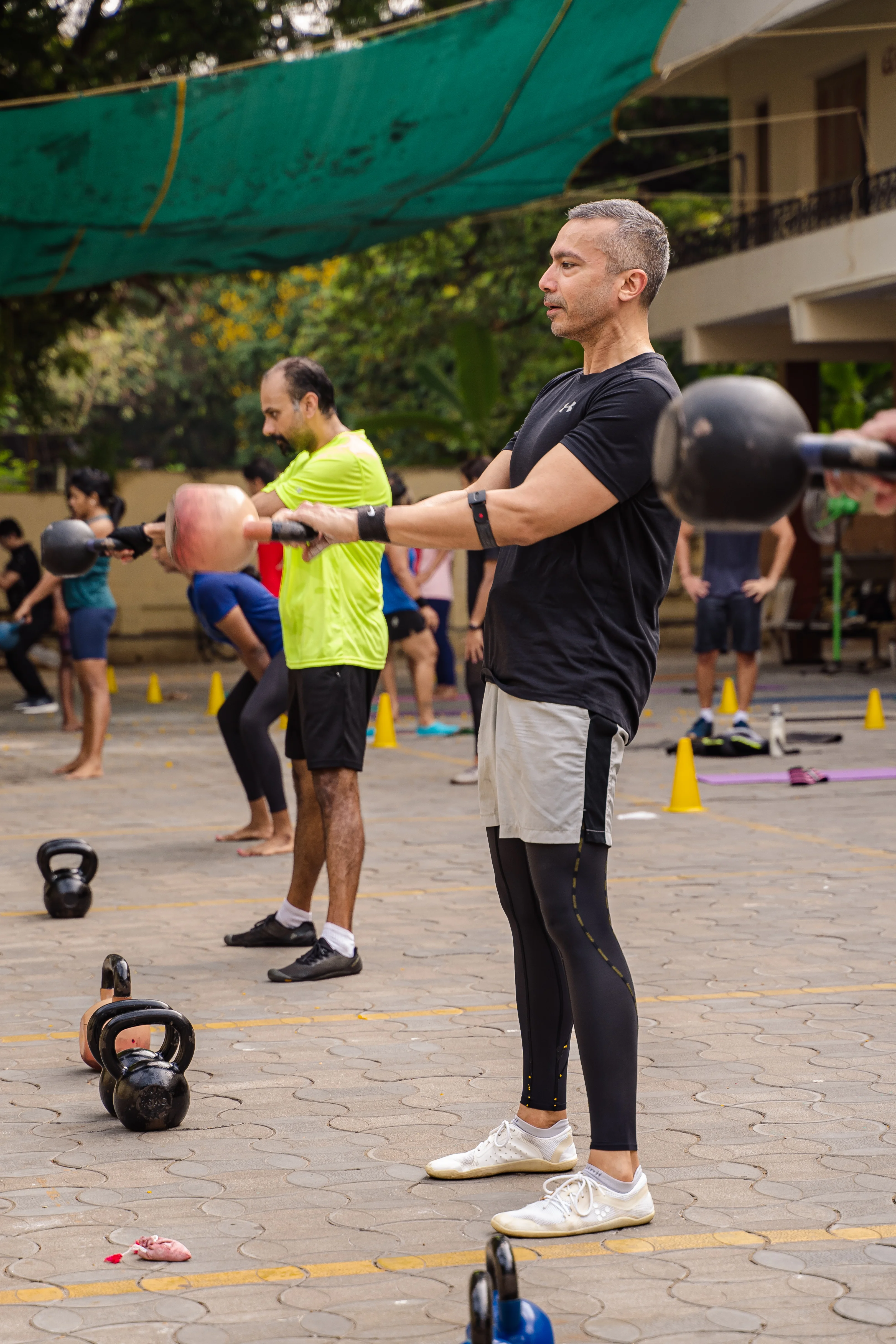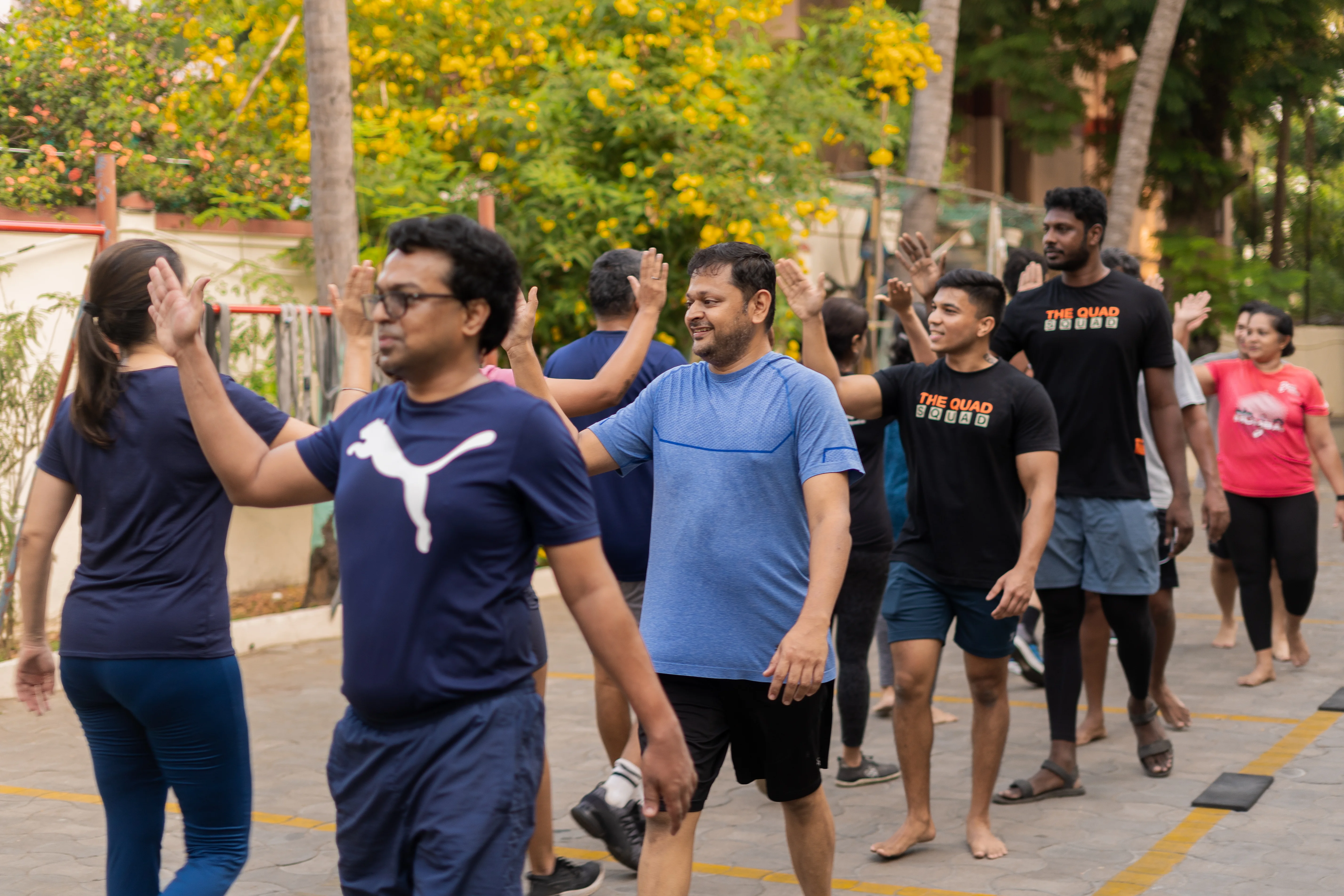Best Laid Plans: 5 Great Ways To Succeed With Your Health Plans In 2025
Jan 7, 2025 ∙ 15 mins read
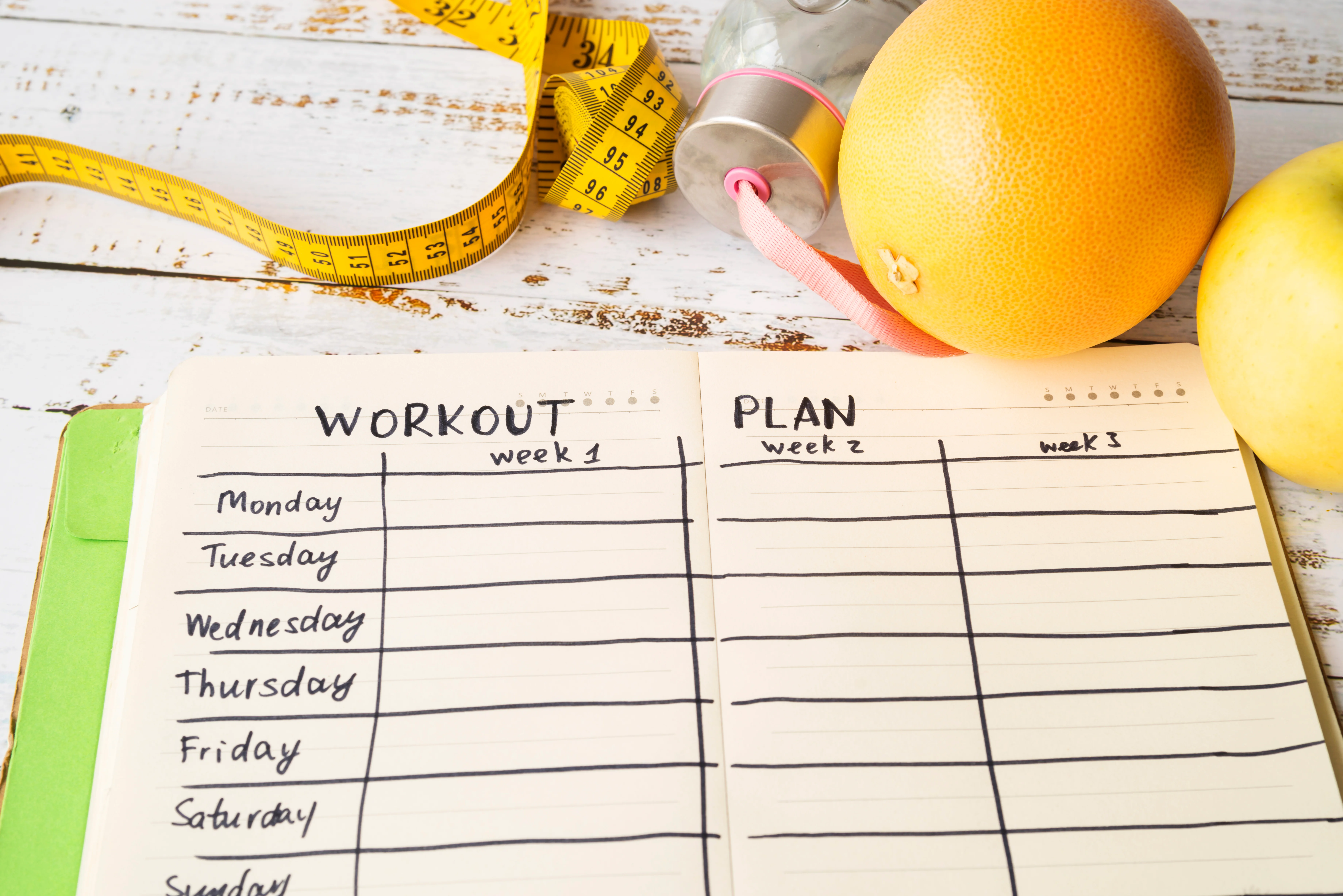
It's a brand new year! One we step into with the best of intentions and resolutions!
For most of us, there's a health goal or two knocking about in our plan for 2025. This early in the game, it could be anything from being regular to the gym, paying attention to your diet, sticking more diligently to your plan or, the ever popular, 'must drop x kilos by y day'.
Most, if not all, such plans usually fall by the wayside a scant three months in. But what if you decide to do things differently, this year? What if, we can help you with a few pointers to help you succeed with your health plans in 2025? Whether it is fat loss, more movement or simply to improve your overall health and wellness, let's look at 5 evidence-based strategies that might make all the difference to your year.
1. Let your goals be SMART
SMART goals are those that are Specific, Measurable, Achievable, Relevant and Time-bound. These are the bosses of the goal-setting world. Vague goals or those that are lofty without any basis in reality are bound to end in heartbreak.
SMART goals are a lot more successful because they lend a lot more clarity to the process. By being specific, clear and defined, with a set time-frame and a result that is measurable, these goals hit all the criteria required for it to be a winning template. So, before setting your goals, ask yourself these questions:
- what is it that you want to achieve?
- how are you going to measure your success?
- what skills / resources do you have to help with the execution?
- how relevant is your goal to the grand scheme of things?
- what's the deadline for completion?
Thus, by using this framework, your previously vague goal of 'I shall lose x kilos' now can become 'I shall lose x kilos in y weeks. To this end, I will move for no less than 30-40 minutes every day and will eat nutrient-dense foods, in a calorie deficit.'
2. Make movement a priority
However old you are, if you make daily movement a life goal, your quality of life would vastly improve. Note: I said movement, not exercise. Hitting the gym thrice a week, 3-4 times a day cannot counteract the hours spent on our butt in our increasingly sedentary lives. If you want to enjoy good cardiovascular health, make movement a priority. If you want better mental health, keep on moving every day.
Roll out of bed and wake your body up with a well-rounded mobility routine. Walk for at least 10 minutes after every meal. Take walking meetings; if your work deems you be on the phone a lot, walk and talk. If you have access to a pool, swim a few laps to help get rid of the day's stresses. Have a 5 min wind down routine before hitting the sack. Move your body in a variety of ways, in various intensities, throughout the day.
Forget about attractively-packaged number goals. Don't let 10,000 steps a day / 150 minutes a week / 100 squats for 30 days etc distract you from the larger picture: move your body today, so you can enjoy moving it till the end of life.
Remember the humans on the spaceship in the movie Wall-E? Keep on moving!
3. Eat like an adult

The four-letter word that scares most adults is 'diet'. Don't believe me? Tell someone you are going on a diet from Monday and watch their reaction. You will get anything from high fives to commiserations. Even though the health benefits of a balanced diet are well-known, grown adults act like their limbs are being lopped off when told it is in their best interests to eat more of the foods that are good for them and dump the refined sugars and unhealthy fats from their daily diet.
The thing is, 'going on a diet' shouldn't be a thing. No one should be waiting for the last day of their new 'diet protocol' like a kid waiting for their summer holidays! Eating meals rich in vegetables, whole grains, beans and legumes and quality proteins regularly, must be the default way of eating. Ever known your grandmother to go to town on carbonated drinks and junk food? If she were anything like mine, she wouldn't say no to any goods made at home using quality ingredients, but just a smidge. One small murukku, a spoonful of the halwa made with ghee and then back to regular programming.
Who knew eating like an adult didn't mean restricting oneself severely till one day you cannot any more and face plant into a vat of ice cream? Lurching between extremes isn't how humans are meant to be. Instead, let's stop treating diet like a life sentence and treat it like what it is: a totally normal thing that helps keep you healthy.
4. Take it easy policy
If you want to enjoy better health, managing stress in a healthy fashion is a matter of priority. Being chronically stressed will only lead to a wide variety of health issues, such as cardiovascular diseases, sleep disorders, anxiety and a weakened immune system.
Food plays a central role in most things in life. In India, for example, every occasion of note, from festivals to functions, from major milestones to the smallest celebrations are marked with food. In such circumstances, it is easy to get stressed over eating. Sometimes, this can tip into more dicey territory such as emotional eating - turning to food to provide you with comfort.
Instead of making food a coping mechanism, what if we take it out of this equation? And resort to healthier actions as a way of dealing with stress? Deep breathing exercises, practicing mindfulness, having healthier coping mechanisms, not aiming for perfectionism - these are all some ways of dealing with stress before it overwhelms you. Not only that, they also promote mental clarity. Do this regularly and watch your cortisol levels reduce.
Another fool-proof way to do kick stress to the kerb? Prioritising sleep. Aim for at least 7 hours of sleep every night, practice good sleep hygiene, get some nature time, pick up a sport or a new hobby - this is the road map to a less stressful life.
5. Track it!
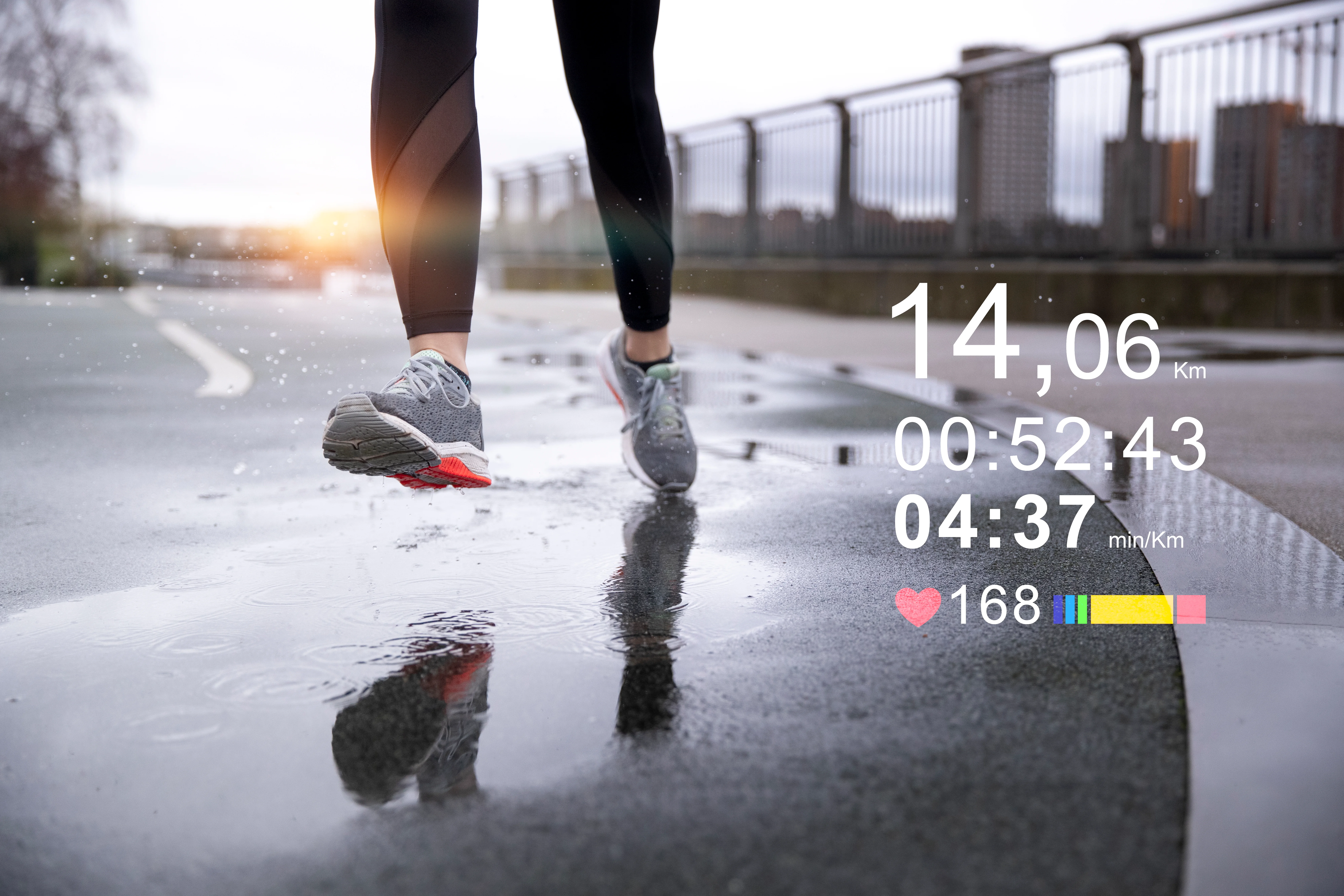
Now hear me out: tracking your progress is just to monitor your steps, just to help keep you accountable. Not to ratchet up the stress level. So repeat to yourself: all you are doing is gathering data points.
Tracking your progress is simply a way to see where you are, with respect to your goals. You can use a simple calendar and cross the days off to show the days you stuck to your goals; you can use apps to do the same. You can maintain food diaries - virtual or a simple paper and pen - to make meal planning and tracking easier. By looking at your data and your adherence, you can easily see what is working and what isn't and tweak accordingly.
Nothing works like consistency does. Whatever the tech, the latest research you are basing your methodology off of, if you aren't consistent with your efforts, you will not have much to show for it.
By tracking your physical activity, your meals and maybe other markers like total daily steps or how many hours of sleep you manage, you are helping yourself stay committed to your goals much more easily.
If you want to improve your accountability, partner up. They will be your accountability buddies and you can help keep each other on the straight and narrow.
In 2025, make a pact with yourself that you will not fall for fad diets, magic pills, quick fixes and other too-good-for-your-own-good schemes. Instead, tell yourself that your body is for life. And it is only by treating it with kindness, compassion and respect can you take good care of it.
If you are willing to see how making small changes can lead to lasting impact.
Get in touch with our team today. We will show you the way to a healthier and a happier you.
